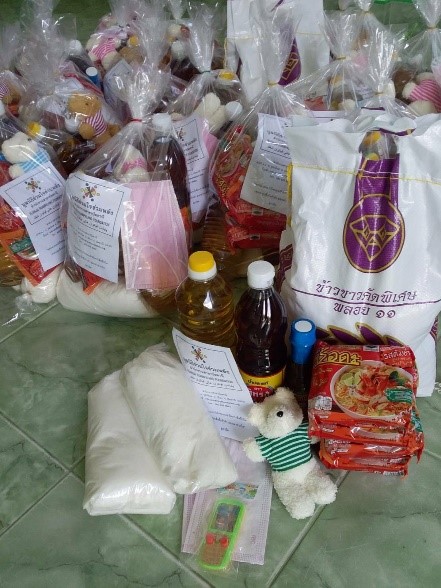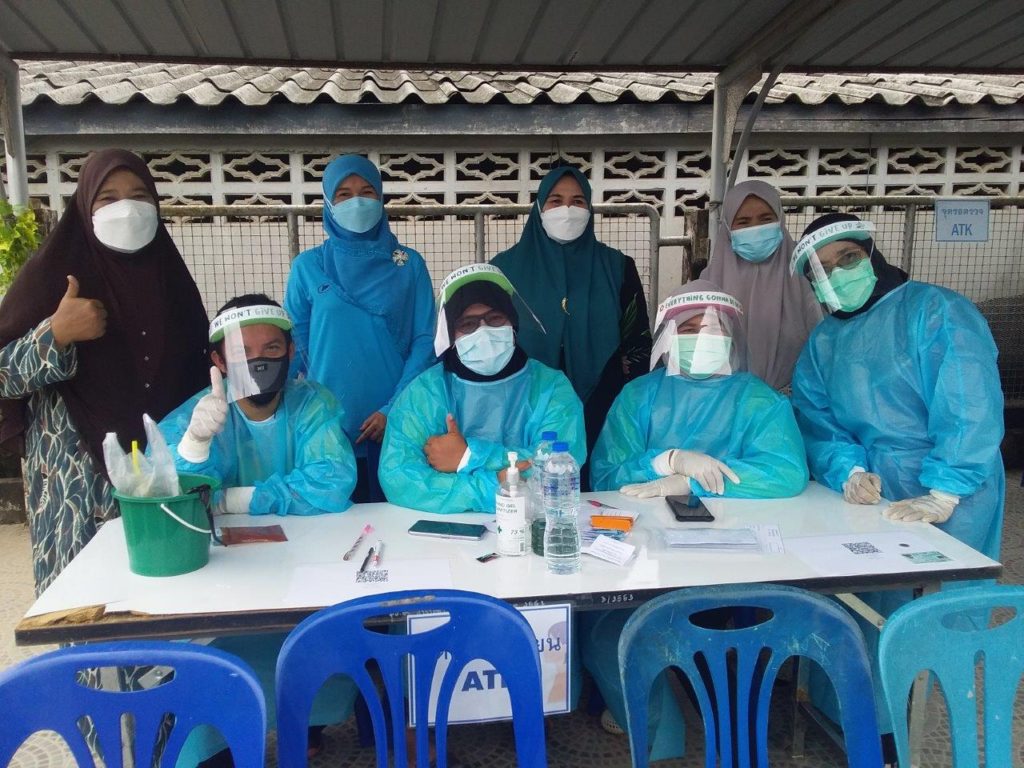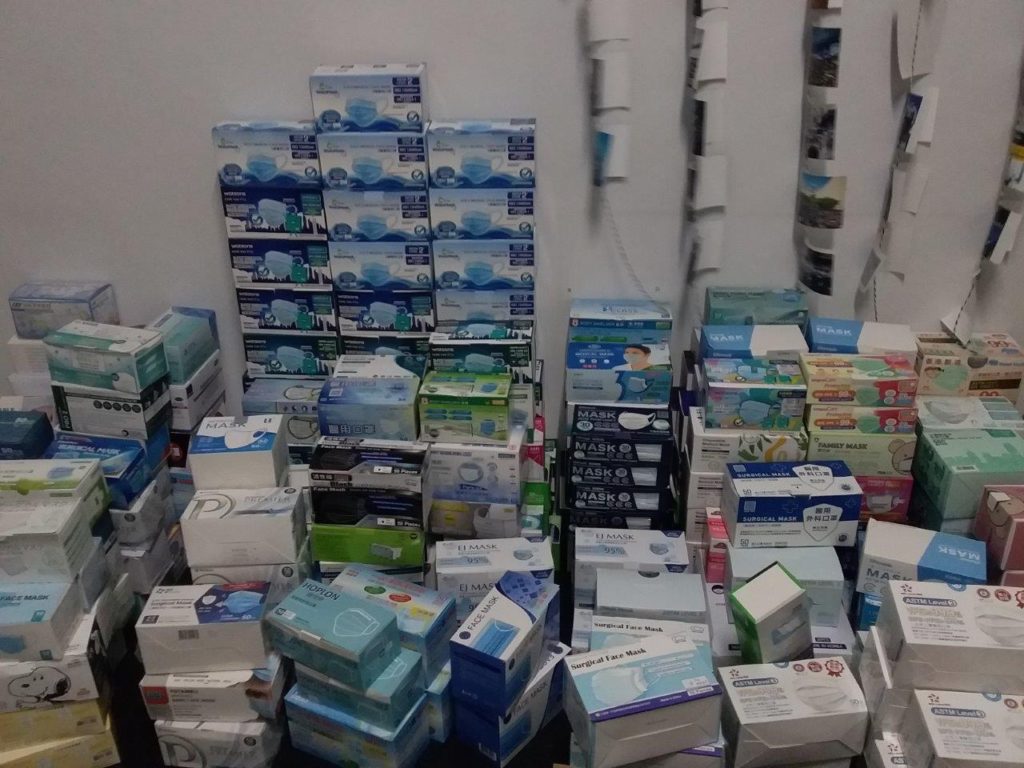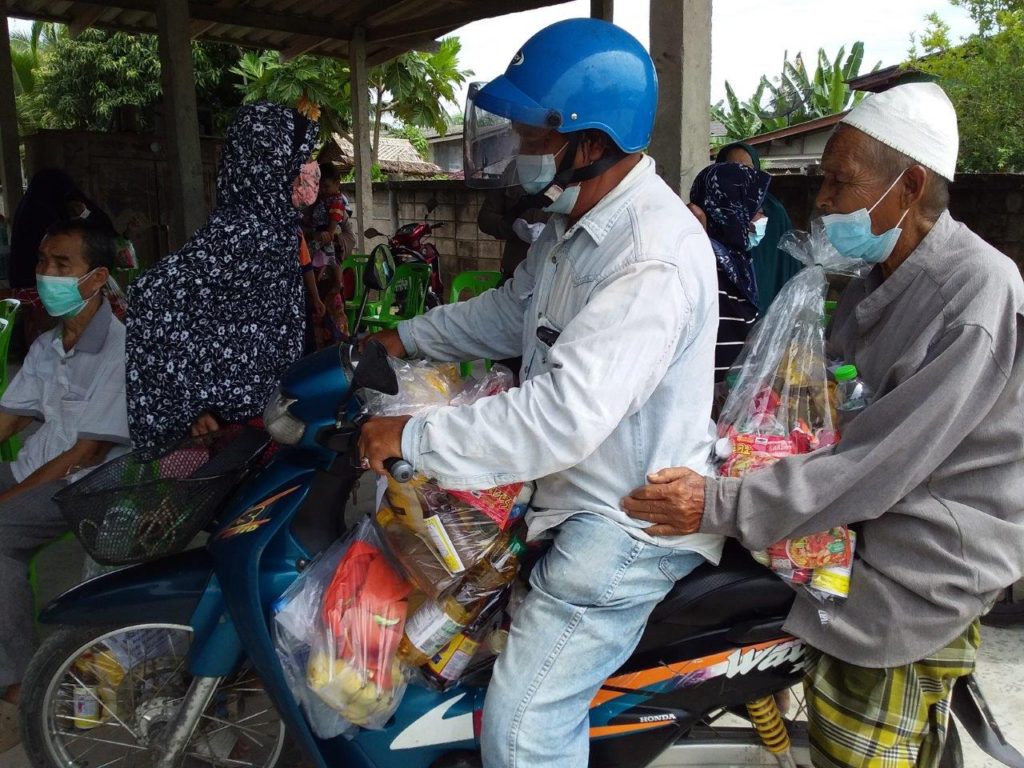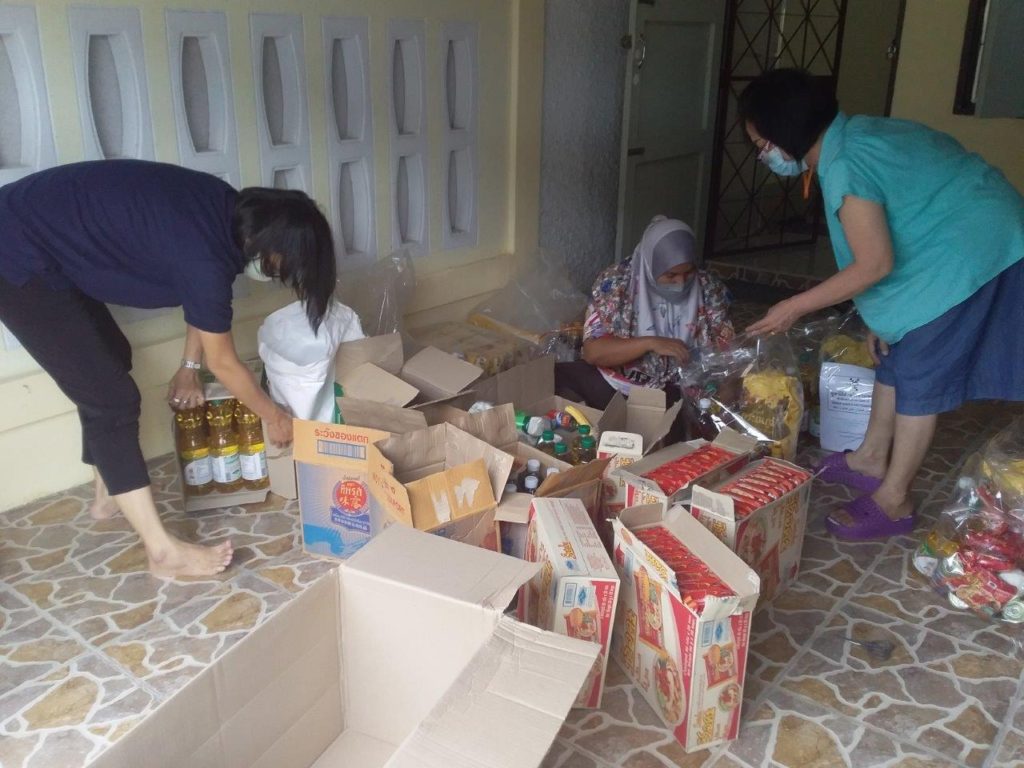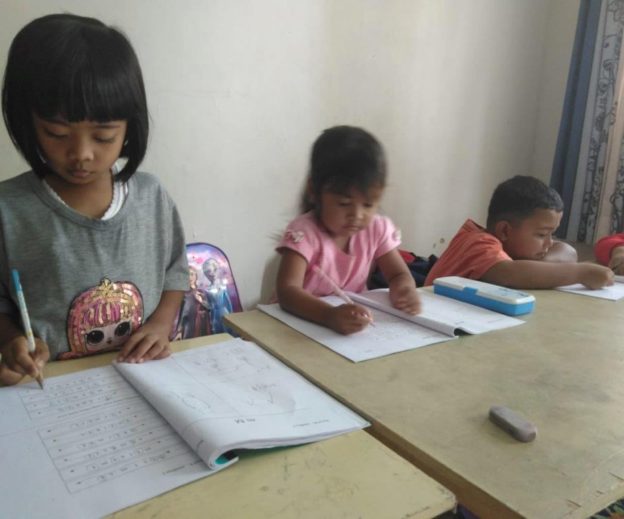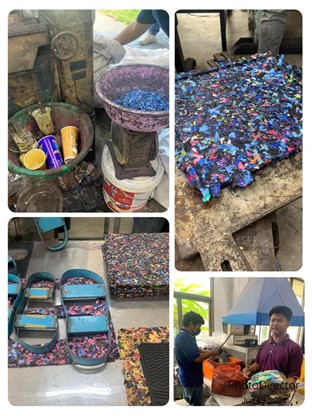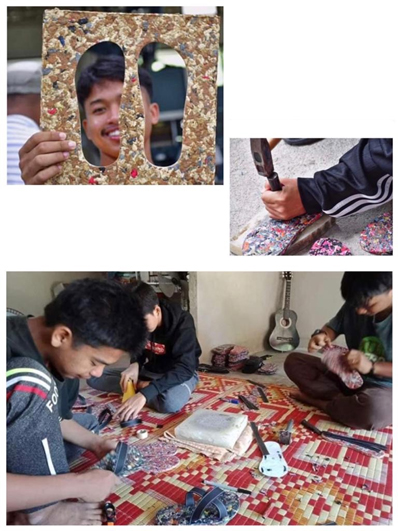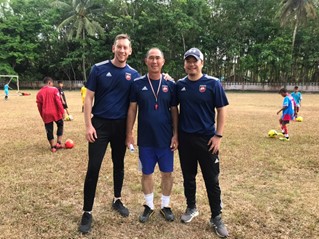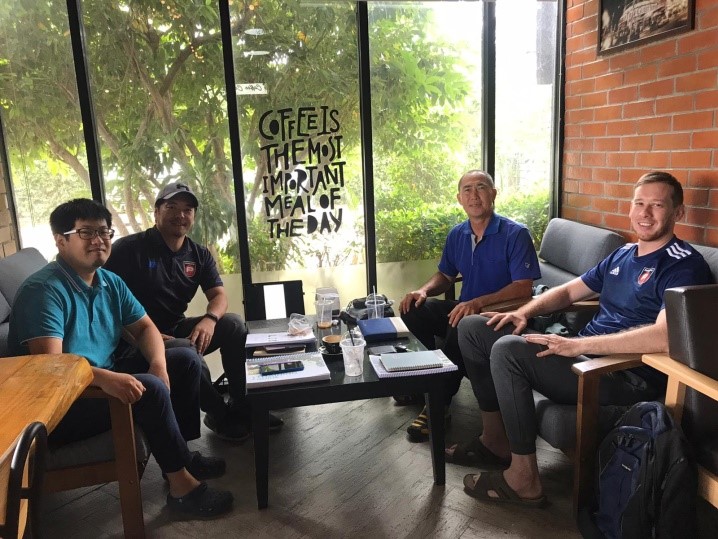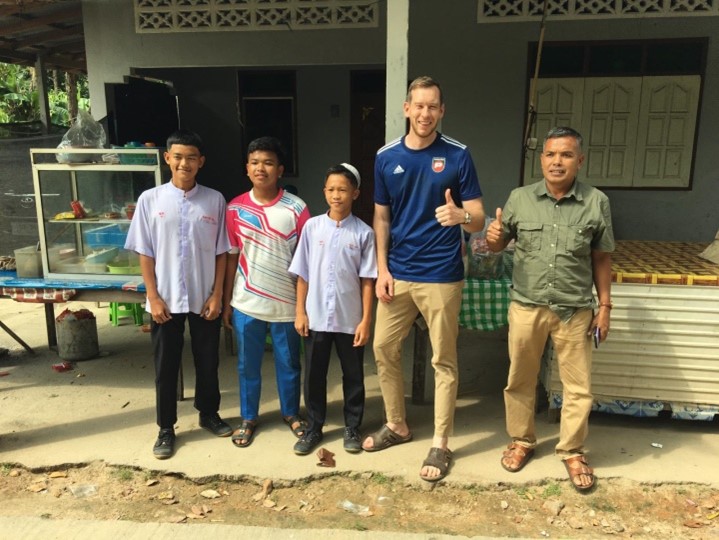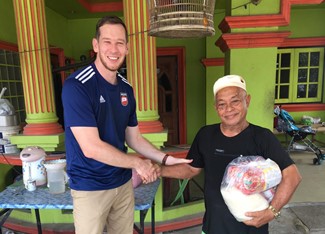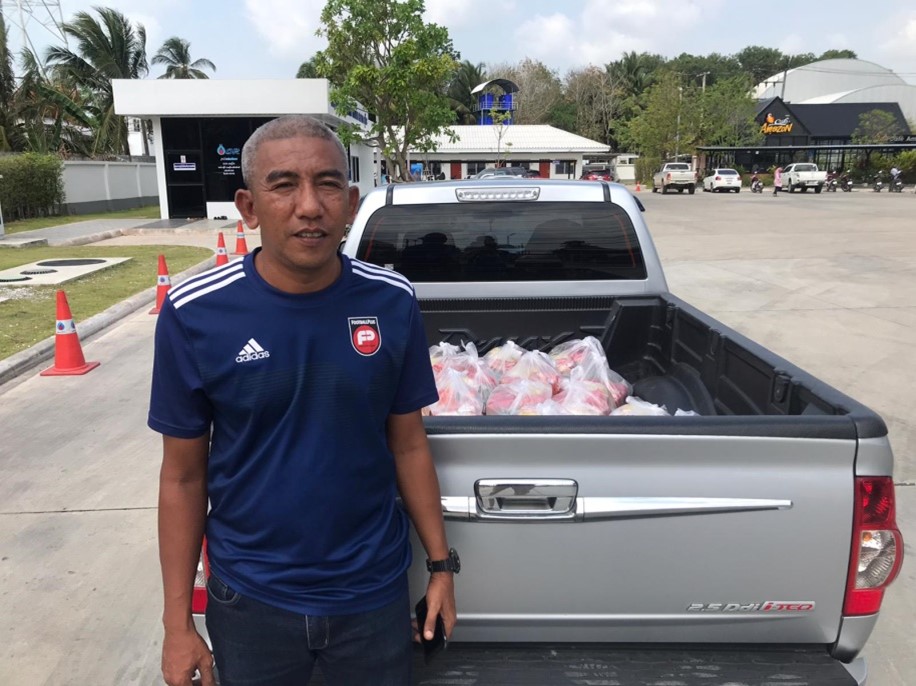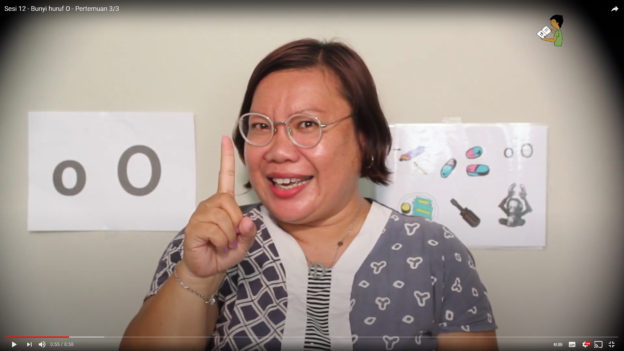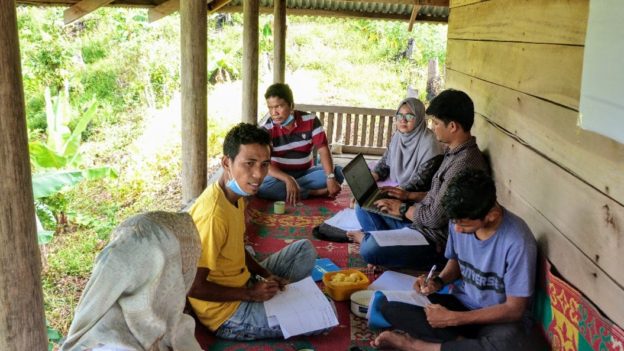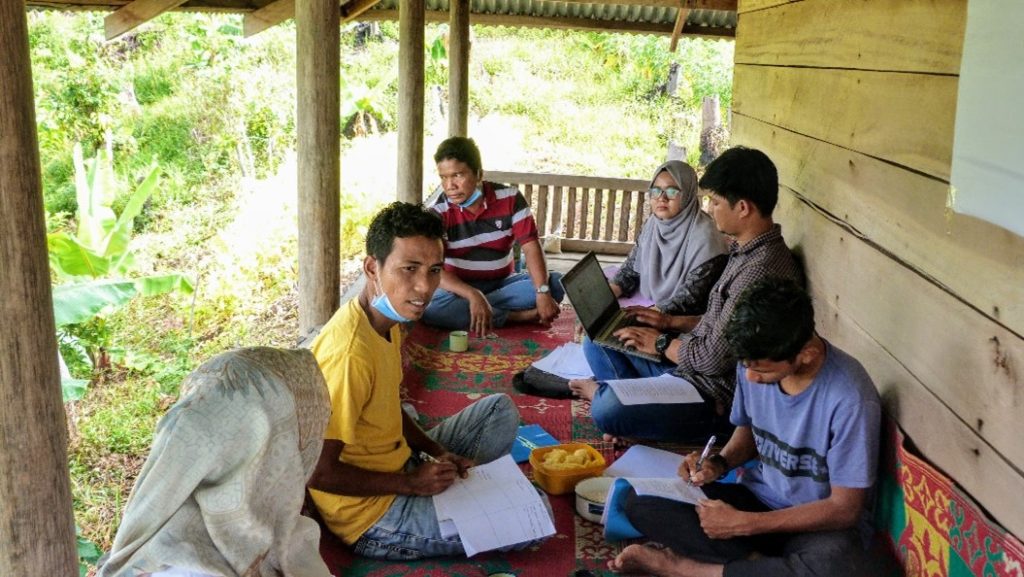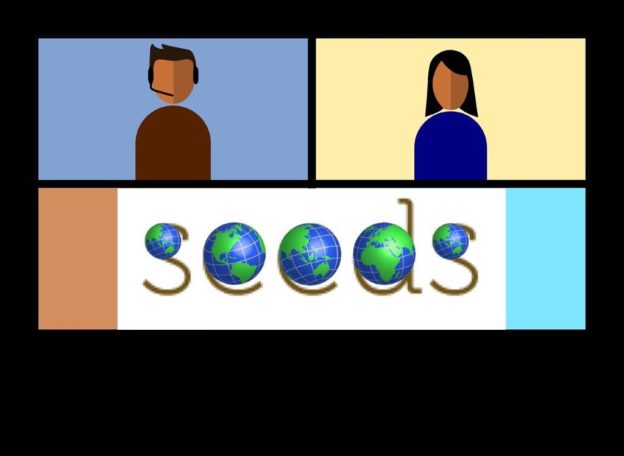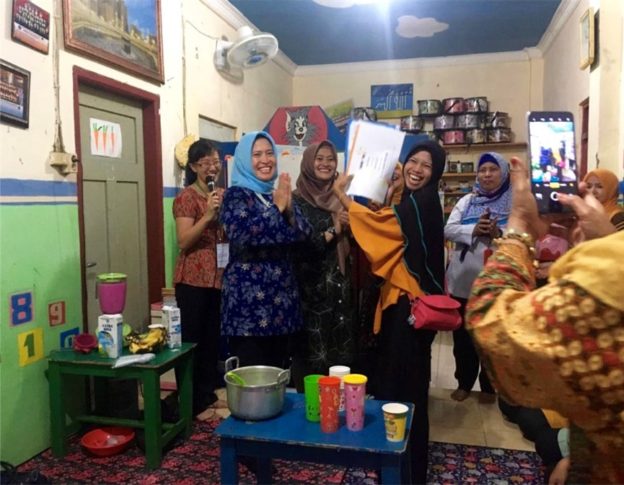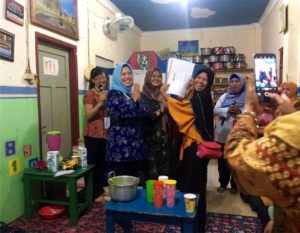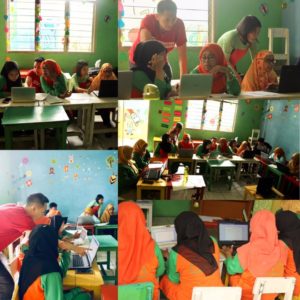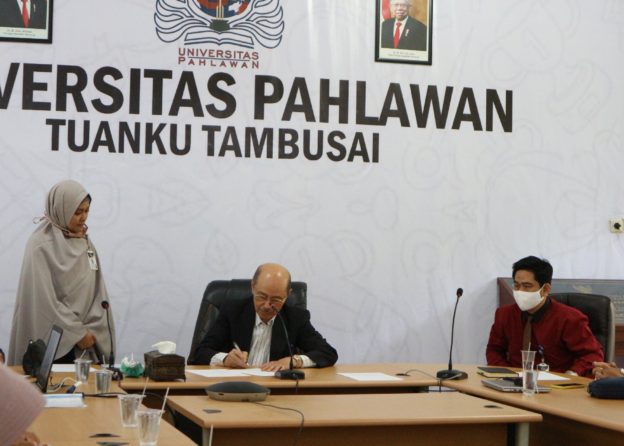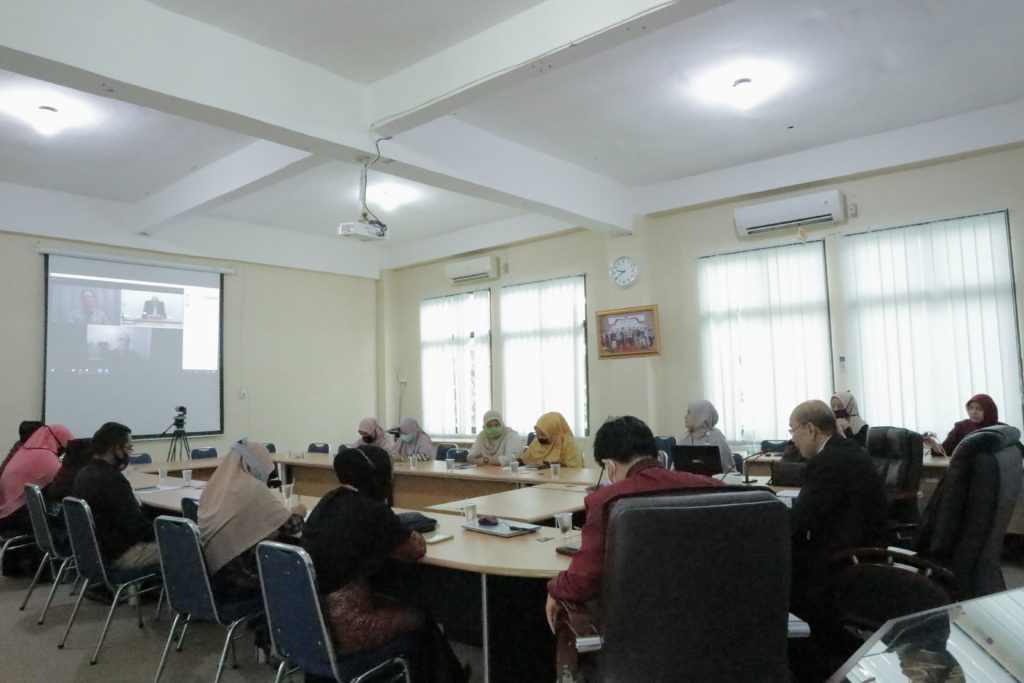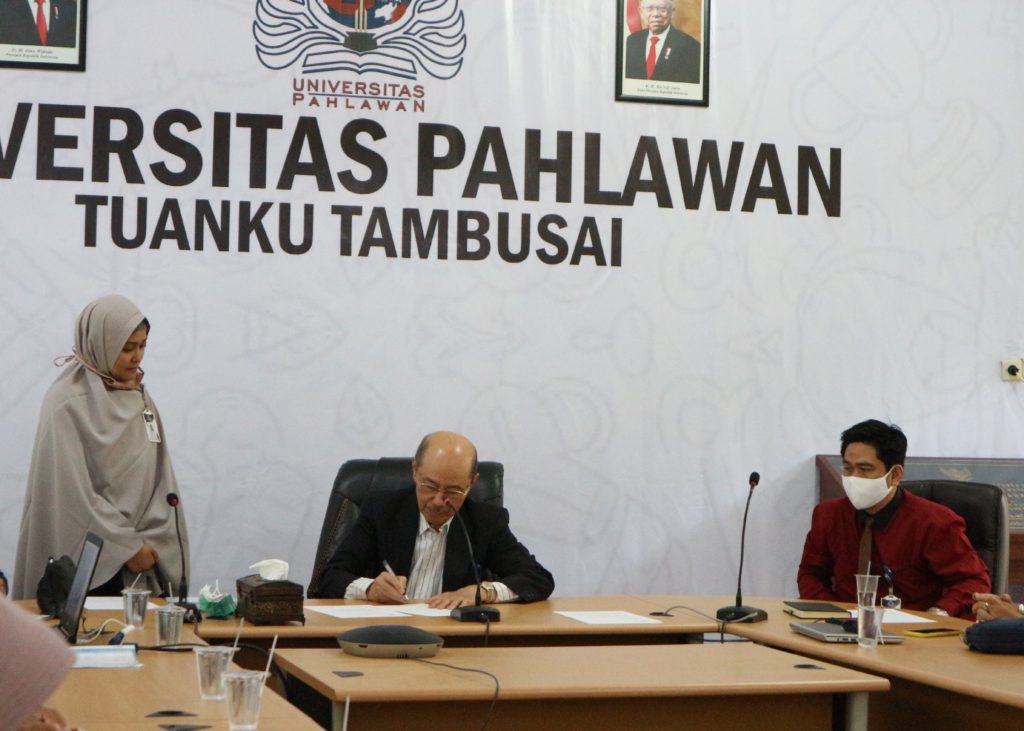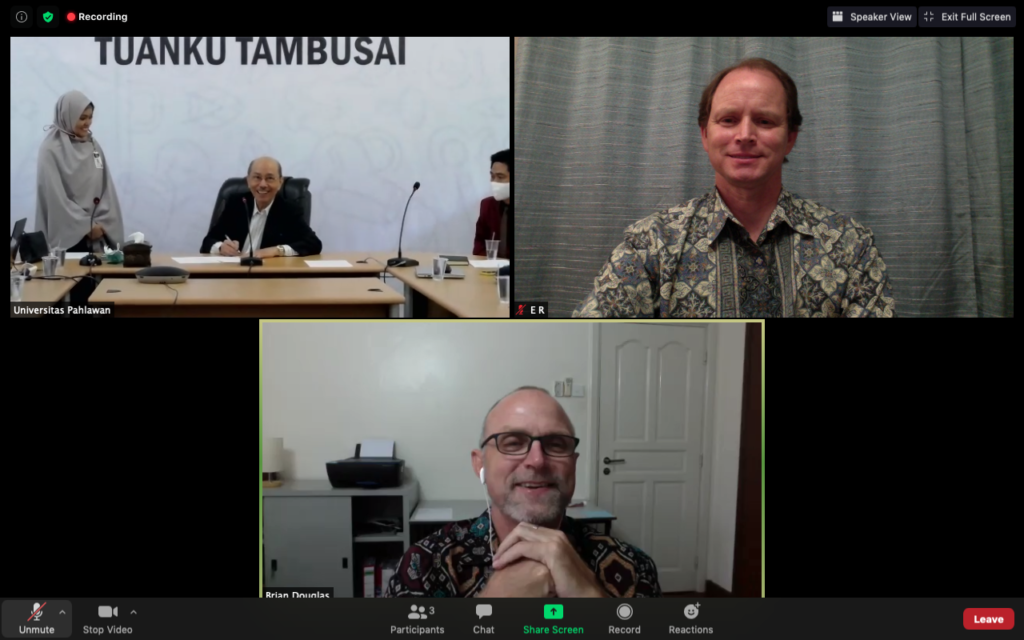Covid lockdown in Thailand meant for some people no work and income and therefore a lack of food. SEEDS workers wanted to help some needy families and communities by giving out food parcels with basic food items like rice, noodles, oil, fish sauce and fish cans. We contacted a community leader and asked him to give us a list of families in need at this time. He chose some villagers who are handicapped and others who lack income.
Neighbours at the office helped to order and pack the food items. The community leader asked the people to pick up the food parcels at his house. They were waiting when the SEEDS worker and local volunteers arrived. It was a special experience to work together with local volunteers in helping local people at this time of need. This can be the start of further activities in this community, building trust and strengthening relationships.
In another community, a local friend of a SEEDS worker who is a health volunteer distributed food parcels to needy families for us. Once we gave out lunch boxes to medical personnel who are working hard to treat Covid patients.
Besides money donations, people from abroad also donated masks for local people. We gave them out to health volunteers, who shared masks with villagers that don’t have the means to buy masks.
Local volunteers were so happy about the gifts received and enjoyed sharing them with others. It is a joy to give to others at a time of need. Even those who don’t have much themselves want to share what they have received with others.

